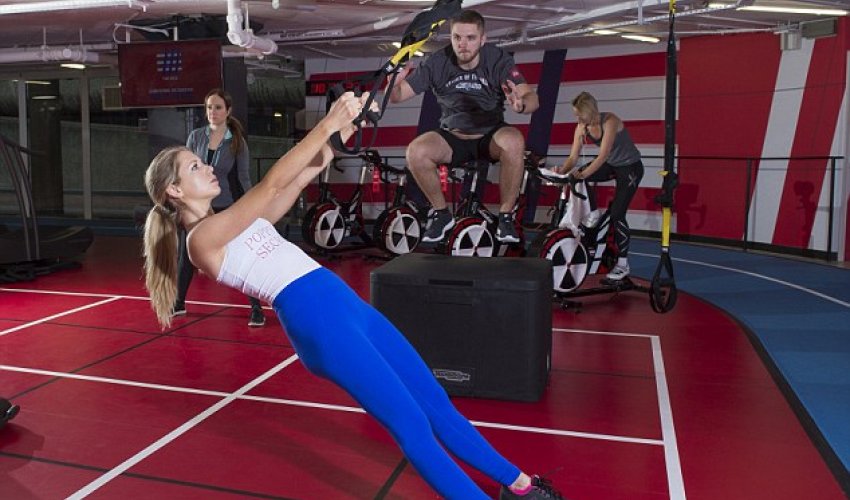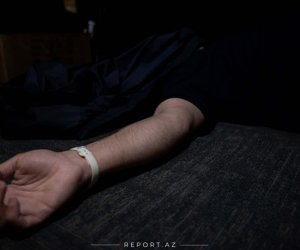A fitness class to burn 1,000 calories an hour?

If you want to know where it all started, blame Barry. It has been almost eight years since the 52-year-old fitness instructor opened his game-changing Bootcamp in Los Angeles.
His routine basically involves sprinting on a treadmill, then leaping off and furiously doing press-ups and lifting weights to 'banging' music, all the while being encouraged by gorgeously sculpted 'enter-trainers'.
But, most eye-catching of all, they promised to torch an astonishing 1,000 calories in an hour-long class.
The celebrity set quickly bought into it. Victoria Beckham, once a fitness phobic, is a huge fan and Hollywood stars from Katie Holmes to Kim Kardashian are regulars. Barry's studios are located all over the world, including in London.
And other firms have cottoned on to the trend, leading to an explosion of similar offerings – many of them making that same alluring claim to blast 1,000 calories per hour.
As a fitness blogger, I keep myself in shape by working out about five times a week, and I've done a few of these classes myself.
They're exhausting and great fun. But I also had my suspicions. Could they really deliver the energy burn that is claimed?
Probably not, according to Dr James King, a lecturer in exercise physiology at Loughborough University. He says: 'A premiership centre midfielder will run about 10k in stop-start bursts in a 90-minute match and burn 800 calories or possibly a bit more.
'A Tour de France contestant cycling uphill on the mountainous section will be burning about 1,000 calories an hour, so this gives you some idea of the effort required.'
Dr King, who specialises in studying the effects of exercise on health, says that many people are misled by claims that intense workouts will help them lose weight.
'There's a lot of talk about the benefits of High Intensity Training [HIT] at the moment, but these may not help you lose weight,' he says.
'HIT workouts are very effective at improving aerobic fitness and metabolic health, but the number of calories burned is not very high because they involve very short bursts of exertion followed by periods of rest.'
And here's the catch. Dr King warns: 'Often people believe they've had a tough workout so will reward themselves afterwards, believing they've burned many calories. They can end up actually putting on weight.'
To find out the truth, I decided to put some of the most popular classes to the test. To get the most accurate measurement of calories burned, I asked Paul Lamkin, editor-in-chief of sportswear technology website Wareable, to advise me on what data device would be most reliable. He recommended the Fitbit Charge HR for accuracy.
Some classes provide heart-rate monitors, but only one that has been calibrated to you through continuous use will be accurate. After every class, I quizzed each gym on what they thought about my results. I enjoyed all the workouts. But not one managed to get me even close to the high calorie-busting claims made.
Here's how they measured up...
(dailymail.co.uk)
www.ann.az




































 Photo
Photo 



 Video
Video 

